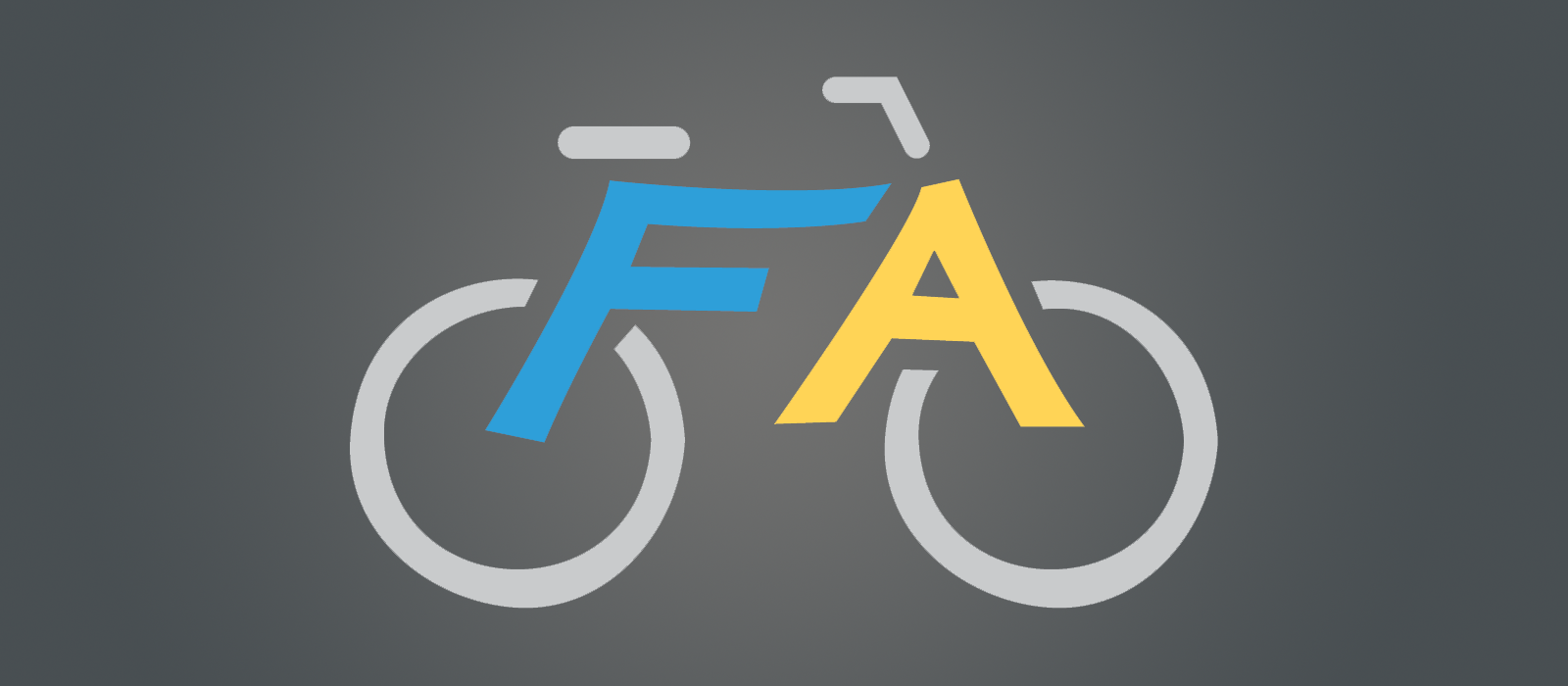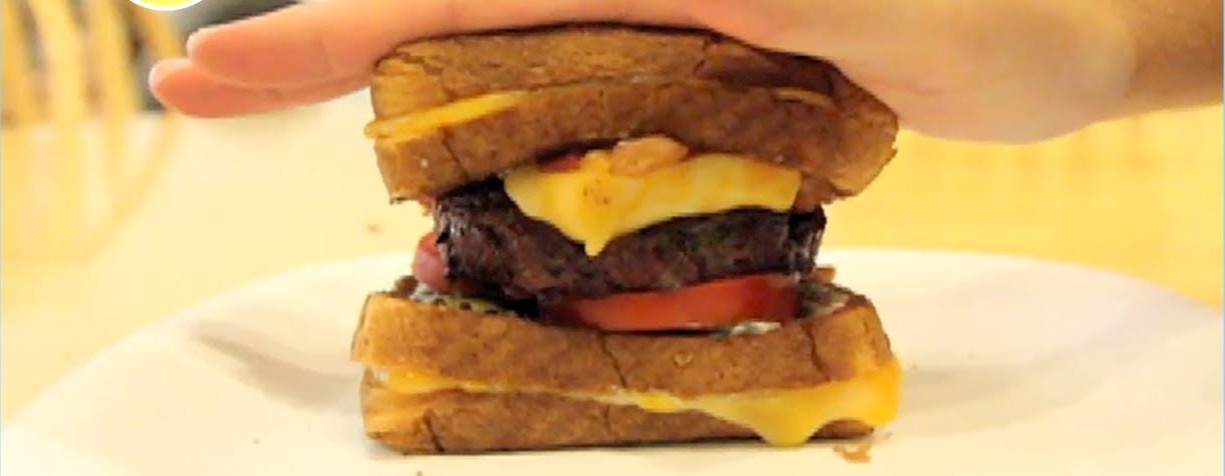I was reading an article the other day about what the world eats. It showed a picture of what a typical family eats in a week from different countries. In this article they showed the US, China, Mexico, Ecuador and Mali. There were a lot of things I learned from looking at the pictures.
- The US family had probably the worst diet.
- The Ecuadorian and Mali families lived on less food for twice as many people.
- CocaCola is a staple in Mexico
- Mexicans and Ecuadorian eat a lot of produce while Americans eat way too much fast food and junk food.
- I’m glad I didn’t grow up in Mali – I’m kidding. It probably would have done me a lot of good.
- I need to do everything I can to not become like the American family.
Okay, so what does this have to do with minimalism? My definition of minimalism is to do or consume only what is necessary. Waste Not Want Not. I mentioned in my list that I’m glad I didn’t grow up in Mali but when it comes down to it as long as your basic needs are met: shelter, clean water, food, clothes and, most importantly, love there really isn’t any reason I should not be more than happy. To me, minimalism is the idea that happiness does not usually come from doing more and never comes from having more. Focus on what matters most and omit the rest.
Let’s apply this to various areas of life: (via ZenHabits)
Possessions: Look around you, at work and home. Is everything you own important? Can you get rid of things, and keep only the things that really matter? Edit vigorously, until you’ve whittled it down to the minimum for the life you want to lead. Read: A Guide to Creating a Minimalist Home.
Buying: It’s a waste of time to reduce your possessions if you just buy a bunch more. What’s important is being content with life, not stuff, and thereby reducing your needs. If you don’t use buying to fulfill your needs, you’ll only really buy what you need. Or maybe you’ll be able to go without money.
Eating: How much do you really need to eat? Do you need the big plate of chili cheese fries? The fully loaded nachos? All those slices of cakes? All those cream-filled sugary coffees? Often the answer is no. Omit needless food, and make everything you eat count — by making your food nutrient-dense, fiber-dense, healthy and filling.
Doing: Do less. Make everything you do count. Look at your to-do list and see what’s really important. In fact, examine your work life in general and see whether you’re really making every day count. Omit needless activity.
Goals: Do we really need 101 goals? Can we do with just a few, or even one? By focusing on less, you can really pour yourself into it.
What you produce: If you produce something, whether it’s writing or music or software or clothing, see if you can simplify and keep it more focused. If you create a website, can you give it one single purpose, with one call to action? Can you do that with your writing or music? Figure out what that purpose is, and edit ruthlessly so that everything that remains counts.
The rest of life: In anything you do, see if you can apply these principles. There’s no need to get obsessive about it, of course, but it’s always useful to examine what we do, how we do it, and whether we really need to do it.
What are the benefits?
- More time
- More money
- Better health
- Fewer but higher quality posessions
- High quality work output
Take a look around you, think about your diet, and how you spend your time. Are you too busy for what matters most? Time to simplify.



